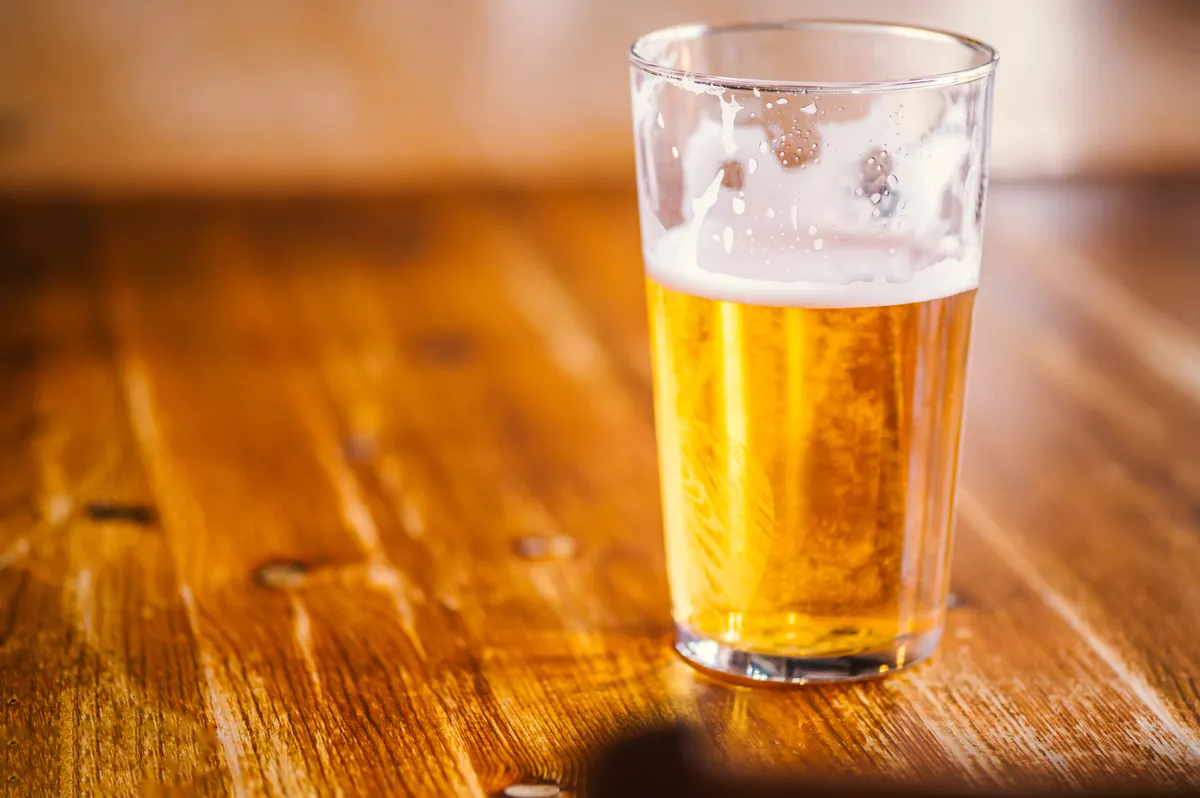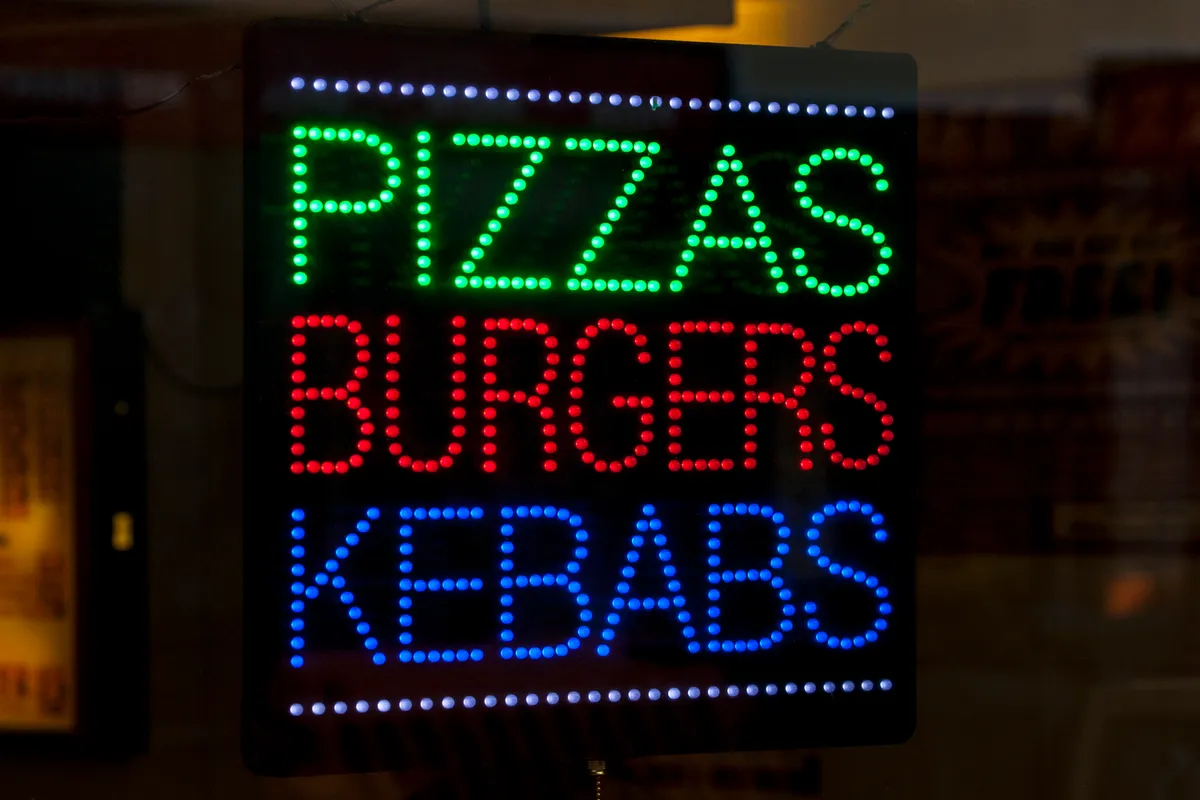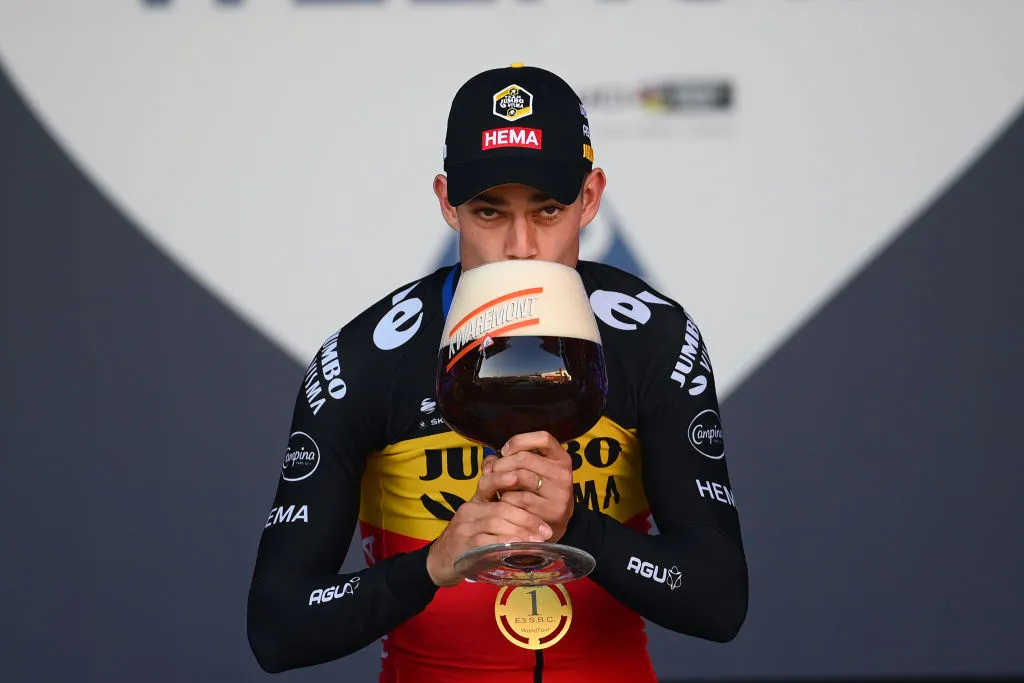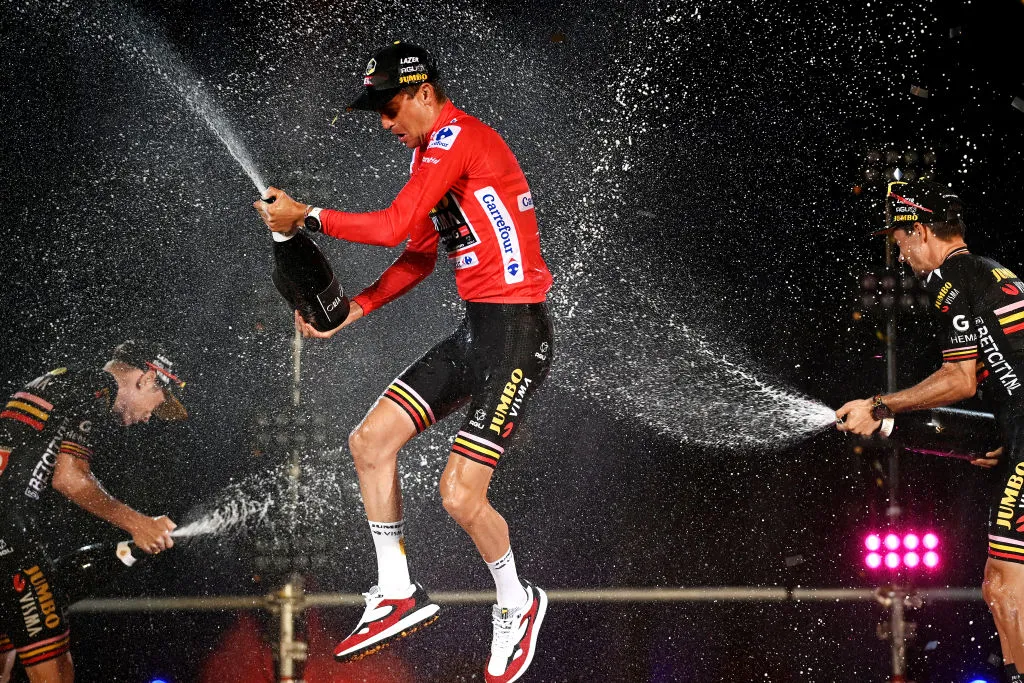Have you stopped drinking alcohol through January? Or do you plan to cut down through 2024? If that’s the case, you’re not alone – 8.5 million people in the UK alone are taking part in ‘Dry January’ this year.
That’s according to Alcohol Change UK, a charity working towards a ‘world free from alcohol harm’. The charity’s latest research says nearly one in five adults (excluding non-drinkers) drank more in 2023 than 2022, but more than half (57%) of this group now want to cut down in 2024.
After a booze-soaked December, it’s little surprise that cutting back on alcohol is a key aim for many people at the start of a new year, with Dry January sitting alongside Veganuary – ditching animal products for January – as a popular resolution.
An increasing number of people are choosing to abstain long-term, too. According to a 2022 study, 26 per cent of young adults (aged 16-24) are teetotal. Sales of alcohol-free beer are also booming.
But, when it comes to giving up drinking, will denying yourself a glass of wine or beer have a noticeable impact on your weight, fitness or wellbeing? Or are the benefits of skipping the sauce just a storm in a pint glass?
We spoke to two nutritionists to see how alcohol can affect your riding and understand whether there are any benefits to going teetotal.
The impact of alcohol consumption for cyclists

The immediate cognitive side-effects of alcohol are well known – alcohol “reduces your ability to think, reason and remember”, according to Alcohol Change UK – but what impact does the UK’s second most-popular drug (caffeine leads the way here, as many cyclists will know) have on your body?
Drink Aware, a charity providing independent alcohol advice, highlights the following, in terms of how alcohol affects the body.
- Weight gain
- Erectile dysfunction
- Mental health
- Heart, stomach and liver health
As far as weight gain is concerned, when any form of alcohol is consumed, it is taken to the liver, where it is broken down and any energy that can be sourced is prioritised. That means any calories consumed from food are put on the backburner, and any nutrients that aren’t burnt up get stored because your body doesn’t need them.
“Alcohol can’t be stored,” explains Sharon Madigan, head of performance nutrition at Sport Ireland Institute. “It has to be got rid of and we have to break that down.”
While this isn’t generally an issue if it’s just the one glass of wine or beer on a sporadic basis, Madigan says there is an accumulative effect if that one drink turns into a booze-fuelled session.
“It’s usually on average about one calorie per ml in a bottle of wine, so that would be 750 calories if you drink a bottle of wine,” says Madigan. “It may not seem like an awful lot, but if you’re doing that once or twice a week over the course of a month or six, you’re going over and above for a sustained period of time.”
This would start to change your body’s composition, increasing its fat stores in the process.
Alcohol consumption also lowers inhibitions around food that is higher in fats and sugar – bar snacks, fast food and that doner kebab from the takeaway at the end of the night.
But it’s not just the sight and smell of the mesmerising (and highly questionable) rotating hunk of meat that causes hunger pangs – there’s a scientific reason, too.

“Alcohol increases your ghrelin [a ‘hunger hormone’ that stimulates your appetite], which is going to affect your satiety, so you’re going to feel more hungry,” explains sports and performance nutritionist Will Girling. “That’s why we tend to eat a lot when we drink.”
He adds that alcohol also affects lipid oxidation, reducing your ability to burn fat, while slowing rehydration because it suppresses the effects of the antidiuretic hormone – a chemical in the brain that tells your kidneys to release less water, hence why it’s common to pass urine more than usual.
Dehydration can also contribute to – and exacerbate – the symptoms of a hangover, according to Drink Aware, alongside exposure to acetaldehyde – a metabolite of ethanol (aka alcohol) that causes inflammation in the liver, pancreas, brain, gastrointestinal tract and other organs. Acetaldehyde – created when alcohol is metabolised in the liver – can also affect testosterone production.
What are the benefits of cutting out alcohol for cycling?

It’s clear, then, that consuming a lot of alcohol can have a negative impact on your health, both in the short-term and and long-term.
By not drinking to excess, there are a number of associated benefits to your cycling, from performance and recovery to overall enjoyment. No one likes taking on a steep hill with a groggy head, after all, while a hangover may force you to skip a planned ride altogether.
According to Madigan, in addition to being tempted by unhealthy food and also risking a hangover, alcohol will have an adverse effect on your sleep, meaning you’re not as well rested before a ride. And that’s before you consider – depending on how late you were drinking and how early you’re starting – the potential side effects of your reaction times being slowed.
What about recovery? “Alcohol impairs muscle protein synthesis [the process where the body produces protein to repair muscle damage caused by intense exercise] and recovery,” explains Girling. “It will slow down your ability to adapt to the exercise itself.”
This is true in respect of any injuries, pulled muscles or niggles, too. Madigan explains that alcohol acts as a vasodilator – opening the blood vessels – which is detrimental to the healing process.
“When you have an injury, you can try to ice and elevate it to help reduce bruising and decrease your recovery time, but when you have a drink you undo all that good work and your recovery time gets much longer,” she says. “Sometimes when somebody gets an injury they might not be too worried about it, but it can have a big impact.

From a nutritional point of view, pure alcohol is the second most calorific nutrient there is and comes in at 7 calories per gram – almost twice as calorific as carbohydrates and proteins (both 4 calories per gram) and almost as bad as fat (9 calories per gram).
Add in the fact that it’s not utilised by the body in an efficient way, and how getting it out of the system is prioritised, causing excess nutrients to be stored rather than burned, and it’s a no-brainer that limiting or reducing your alcohol intake may have benefits.
“Lighter or leaner is generally better when trying to move around, particularly on a bike,” says Madigan. “What sometimes happens is, in an attempt to do that, cyclists might actually eat less. This tends to be a go-to thing for a lot of individuals when they’re trying to manage their weight – they eat less food to try and help manage their weight and get them lighter.”
The issue here is that you may not fuelled well enough with the nutrients you need to ride and train effectively. Excessive alcohol consumption can exacerbate this by impeding any attempts at weight management with ‘empty calories’. Consistency is key when it comes to weight loss as a result of exercise and diet, Madigan says, and “alcohol definitely can affect that”.
Finding balance

While some professional cyclists abstain from alcohol altogether, or through the racing season, many amateur cyclists will be wondering how to balance responsible drinking with riding.
Both Madigan and Girling agree that it’s more to do with being smart about what [how much and when] you’re drinking, rather than avoiding it completely, and that the occasional glass of beer or wine could actually have a positive impact psychologically.
“There’s certainly enough evidence out there to suggest that overconsuming is going to have an effect on your health and your performance, but it’s like anything, a small amount isn’t going to do you any harm,” says Madigan.
Girling adds that anything restrictive isn’t necessarily good for you, and as alcohol often goes hand-in-hand with socialising, it could be detrimental to ostracise yourself from going out because you’re too worried about drinking. Responsible drinking is, after all, how many people relax or detach from the pressures of life, including a training schedule.
The NHS suggests the following “to keep health risks from alcohol to a low level if you drink most weeks”:
- Men and women are advised not to drink more than 14 units a week on a regular basis
- Spread your drinking over 3 or more days if you regularly drink as much as 14 units a week
- If you want to cut down, try to have several drink-free days each week
One unit equals 10ml or 8g of pure alcohol, which, according to the NHS, is around the amount of alcohol the average adult can process in an hour.
As we’ve covered, excessive alcohol consumption can have a number of negative impacts when it comes to exercise and performance.
The key, of course, is in finding balance.
